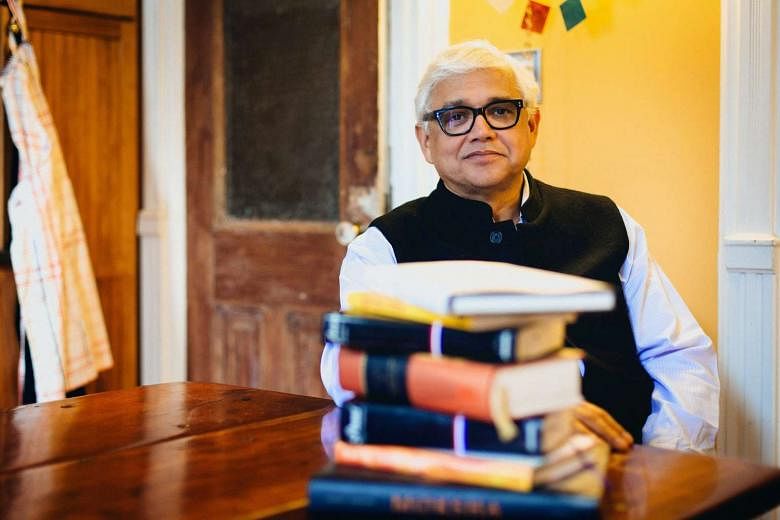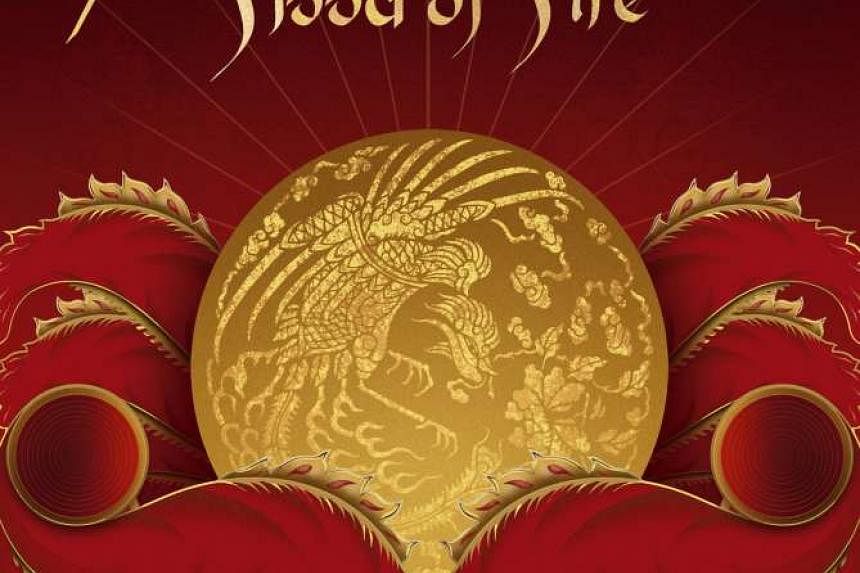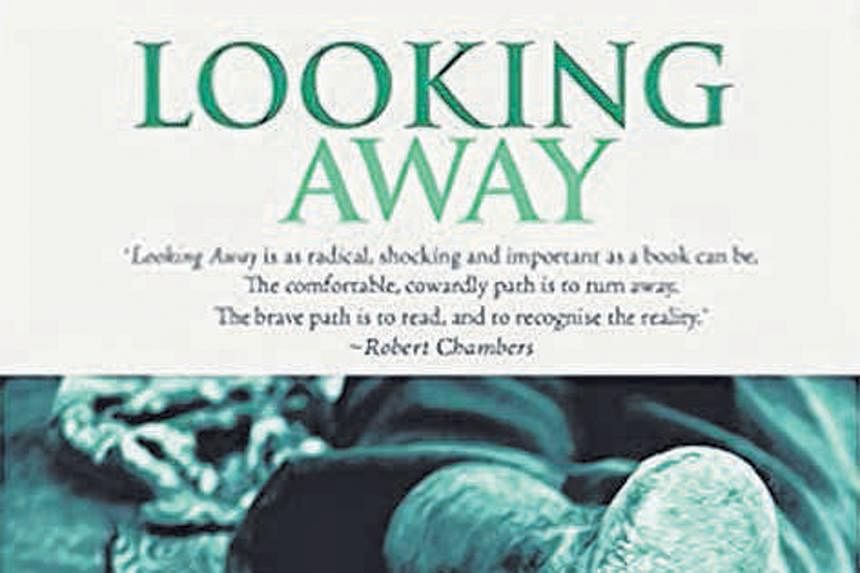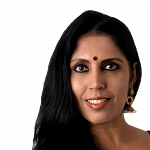Prominent Indian writer Amitav Ghosh's latest book, Flood Of Fire, concludes his deeply addictive The Ibis Trilogy.
The mammoth final book (624 pages) sets sail from Calcutta to Canton and chronicles the first military campaign in the Opium Wars.
Ghosh continues with his compelling linguisitic inventiveness as he looks at Britain's armed expeditions to force China to allow the drug trade. Singapore features prominently as a watering hole for the invading British forces.
The Indian-born writer speaks Hindi, Bengali, English and French and picked up Cantonese to write this trilogy.
Speaking to Life from Goa, where he spends much of his time, he says: "I read a lot for my own writing. I do not have much time to do reading as a personal diversion."
On his love of languages, he adds: "It is very hard to write about a language if you do not have an experience of it."
His ambitious and critically acclaimed trilogy - the first novel, Sea Of Poppies, was shortlisted for the Man Booker Prize - brings to life the desperation of poppy- growing farmers in India. More than three million copies of the books have been sold worldwide and his work has been translated into 33 languages.
Ghosh will be in Singapore on Aug 10 to launch Flood Of Fire as part of the India Se & Singapore Writer's Festival Literary Salon at the Singapore Management University. The event will be moderated by best-selling Indian author and columnist Shobhaa De, who is widely regarded as one of the best commentators of social trends in contemporary India.
Admission costs $30. To book, go to www.indiase. com.sg or call 9012-8184.
What are you reading now?
Looking Away: Inequality, Prejudice And Indifference In New India by Harsh Mander, a long-time activist who has been working on issues such as inequality and communal violence.
His writing shows up aspects of India you do not often get to read about, ranging from issues confronting the minorities to the plight of the homeless and urban poverty. His book analyses the many fault lines in India today and does not stop at that. He tackles many tough statistics and stories, and speaks of what needs to be done.
I have known Harsh since college. We were in St Stephen's (Delhi's premier college) together. What I like about his book is that it takes on serious issues and is written in the form of an autobiography.
He has had a fascinating life. He was in the Indian Administrative Service (the country's elite bureaucracy) and left to do the work he is doing now.
The documentation of his personal journey while addressing the larger issues India is facing makes Looking Away a compelling read.
What book would you save from a burning house?
The Mahabharata. I grew up with its stories, which I first heard from my grandmother and my mother, and they continue to fascinate me with their many lessons and rich characters.
It is an extraordinary text and a sweeping tale that addresses the universal themes of good and evil.
I recently re-visited the 15th-century Bengali version called the Kashiram Das Maharabharata and found it as arresting as I did when I first read it.
•Looking Away; Inequality, Prejudice And Indifference is available for $10.60 from www.speakingtigerbooks.com.




